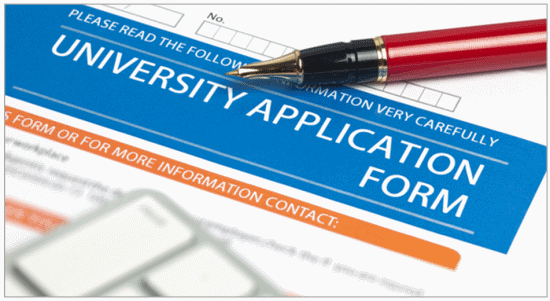You’ve found a school that offers the program you want, and you’re anxious to enroll. But before you apply and plunk down your hard-earned money, get answers to these key questions.
1. What is the school’s accreditation status?
If you want your degree to be recognized, it’s in your best interests to earn it from an accredited institution of higher education. Accreditation is a status granted to an education institution or program that meets or exceeds predetermined criteria of education quality.
It’s also required for federal financial aid eligibility. And, before you apply, you’ll need to find out who is accrediting the school to be sure the organization is legit.
Check with the Council for Higher Education Accreditation (www.chea.org) or the U.S. Department of Education (http://ope.ed.gov/accreditation) for a list of approved accreditors.
2. What financial aid options are available?
If you can’t pay for your higher education out of pocket (and who can?), make sure your school is qualified to offer federal financial aid, which includes Pell Grants, Stafford Loans, PLUS Loans, Federal Work Study, Perkins Loans, and Federal Supplemental Educational Opportunity Grants. Even better, before you apply, inquire about available scholarships. What percentage of students receives federal financial aid, and what percentage receives grants/scholarships?
3. What are the academic program requirements?
Before you apply, understand exactly what you’re getting into in terms of schedule and budget. If you haven’t met the program prerequisites, you may need to enroll for another semester or two, which will be a problem if you haven’t budgeted for the extra credits. If you’re pursuing an online degree, find out up front if the program includes an on-campus component, which could conflict with your work schedule.
4. What types of career assistance are offered?
You can get the best education around, but if you’re unable to translate that knowledge into skills that pay the bills, you’ll be a highly unsatisfied higher education consumer. Before you apply, ask about the school’s career placement rate for new graduates. Are there internships, laboratory components, field trips, or other education experiences available that lend themselves to career readiness? Will the school also provide assistance after you graduate?
5. May I speak with students and alumni of the program?
Speaking with admissions representatives is like reading the school brochure, and talking with students and alumni is like visiting the campus yourself. School employees can only tell you so much. When you speak with students and alumni, you’ll get the inside scoop on the way a program really operates. Ask about the school’s strengths and weaknesses to be sure you get the whole picture. You probably won’t find perfection, but you will find out what you need to know to succeed in your higher education endeavor.
Learn more about finding a school or career that’s right for you!
About the Author
Robyn Tellefsen may be contacted at http://www.collegesurfing.com oreditorial@collegebound.net. Robyn Tellefsen is a frequent contributor to The CollegeBound Network.
© Copyright 2007 The CollegeBound Network All Rights Reserved
NOTICE: Article(s) may be republished free of charge to relevant websites, as long as Copyright and Author Resource Box are included; and ALL Hyperlinks REMAIN intact and active.
Was this Useful for You?
If so, subscribe to our mailing list and get regular updates from us!
Thank you for subscribing.
Something went wrong.




